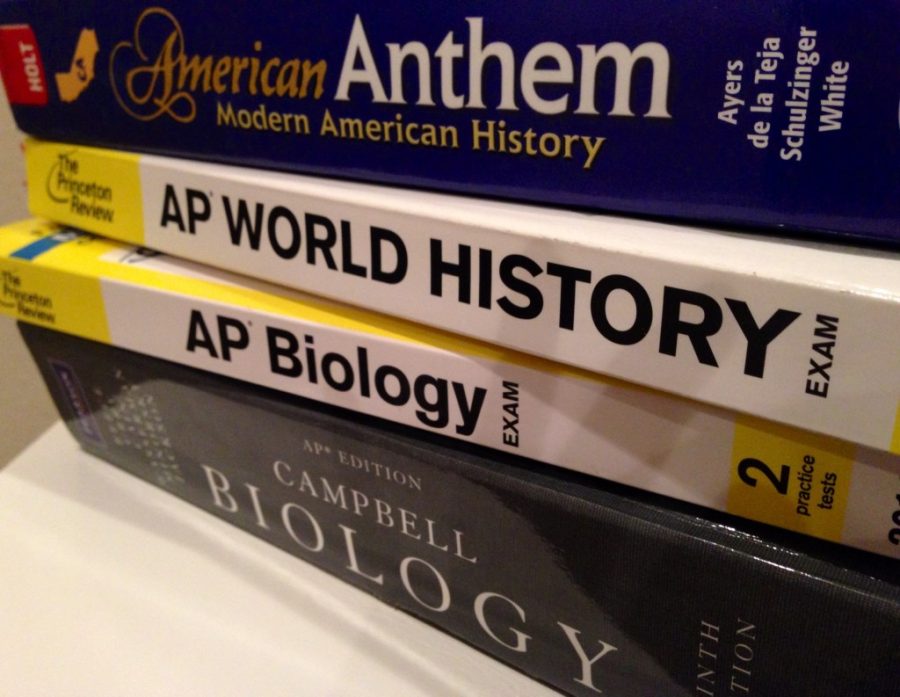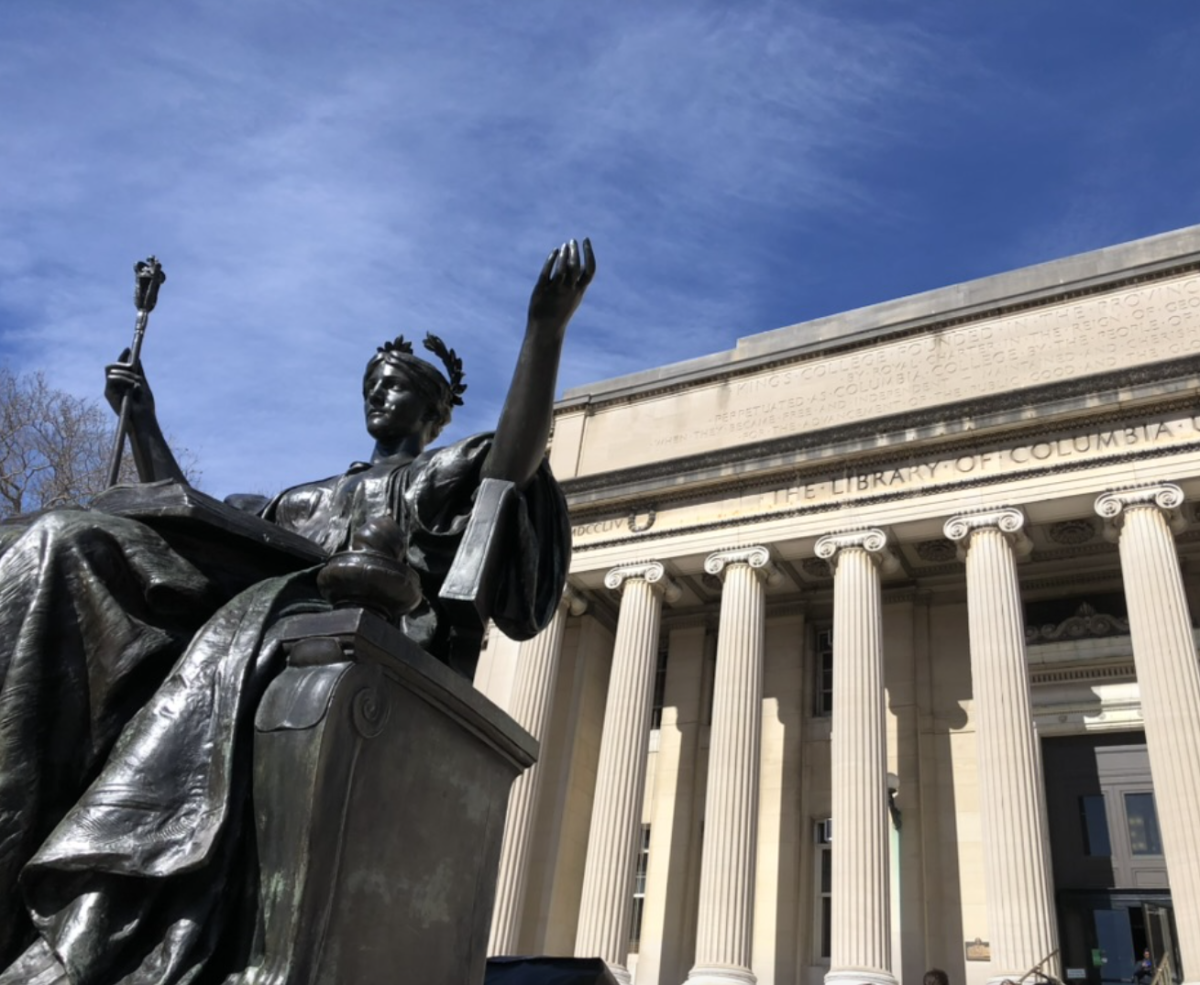As the pressure of college applications loom in the future of high school students, many consider taking AP courses to increase their chances of success. Despite the immense workload, taking multiple APs is the smartest strategy to gain college admission and prepare for the future.
Every year, teachers tell students that their class will be the hardest class they will take. Of course, by the time seventh period comes around, this statement has lost its meaning. Yet as students add multiple AP courses to their schedule, they realize these were not empty claims.
“At McLean High School, [APs] are the most rigorous classes you can take,” career center specialist Dawn Allison said.
Through these rigorous classes, students are able to gain the experience of taking college caliber classes while still enjoying the structure and security of high school.
“It’s only going to get worse [after high school],” said junior Emma Steinson, who is taking four AP classes.
Although taking only non-AP courses and International Baccalaureate (IB) Program classes can be beneficial, it falls short in showing colleges students’ maximum potential.
The IB Program, which is offered in seven schools in Fairfax County, provides an unnecessary struggle for students looking for college credit.
According to The Washington Post, many colleges are less likely to give credits for IB classes when compared to their AP counterparts. Although the program is becoming more recognized by colleges every year, it is still less consistent than the AP courses offered at McLean.
Although AP courses increase students’ workload and, inherently, their stress levels, some students taking multiple AP courses still manage to finish their work on time and get a good night’s rest every night.
“I’m not too bad. I get between seven and eight [hours of sleep] usually,” Steinson said.
While juggling the weight of AP classes with sleep and extracurricular activities, students are challenged to reach new heights of their education. Without this extra push, many students would be complacent in doing just enough to succeed. In this way, AP courses prepare students for the difficulty of college and life thereafter.
“My curriculum is a very close approximation to college-level math,” BC Calculus teacher Dr. Crissie Ricketts said.
AP courses also provide the extra push needed to stand out in college admissions.
“It’s competitive around here so you do kind of have to take a lot of APs if you want to stand out to better colleges,” Steinson said.
Many admissions officers look for students who are reaching their maximum academic potential. According to the Office of Undergraduate Admissions at UVA, the number one way to get accepted is to take the best program available in core classes.
Despite the numerous benefits of AP classes, some people consider them more harm than good.
“If it’s something you are into, go for it. If you are taking it for the credits, it’s kind of a waste of time,” sophomore Kim Schwadron said.
Gaining college credits is extremely beneficial to the college experience because it allows students to skip some introductory classes their freshman year. According to the College Board, many colleges such as Virginia Tech, William and Mary and Stanford accept the credits gained from AP classes.
One potential drawback of taking AP classes is the increase in workload from sophomore to junior year.
“I think it’s a mistake for most kids to go from taking maybe one advanced class as a sophomore to taking five their junior year,” AP Psychology teacher Meghan Percival said.
However difficult it may be, colleges expect students to take the heaviest course load they can handle. Although taking five AP classes is not manageable for everyone, it will certainly show colleges that they are willing to push themselves to the limits of their ability.
Whether students decide to take one AP or seven, they are the most effective way to prepare for college. Take the challenge. In the end, the extra work will pay off.









